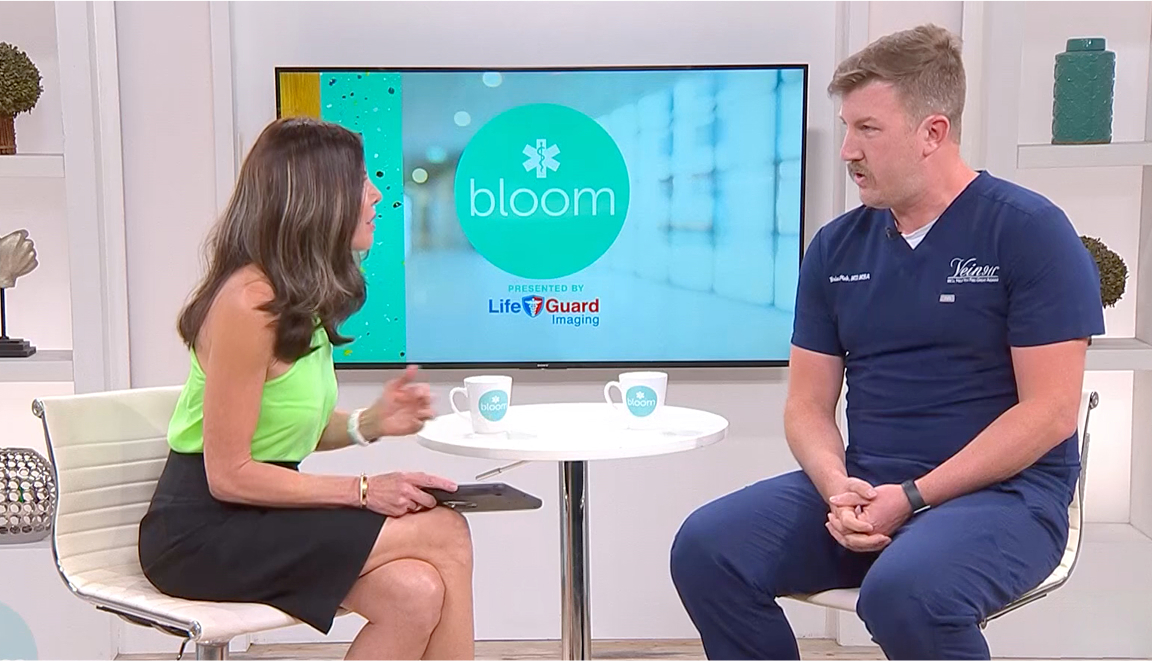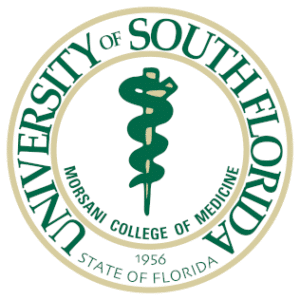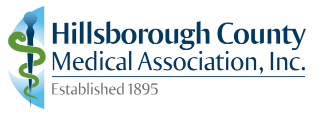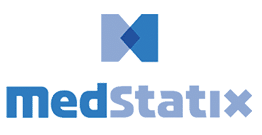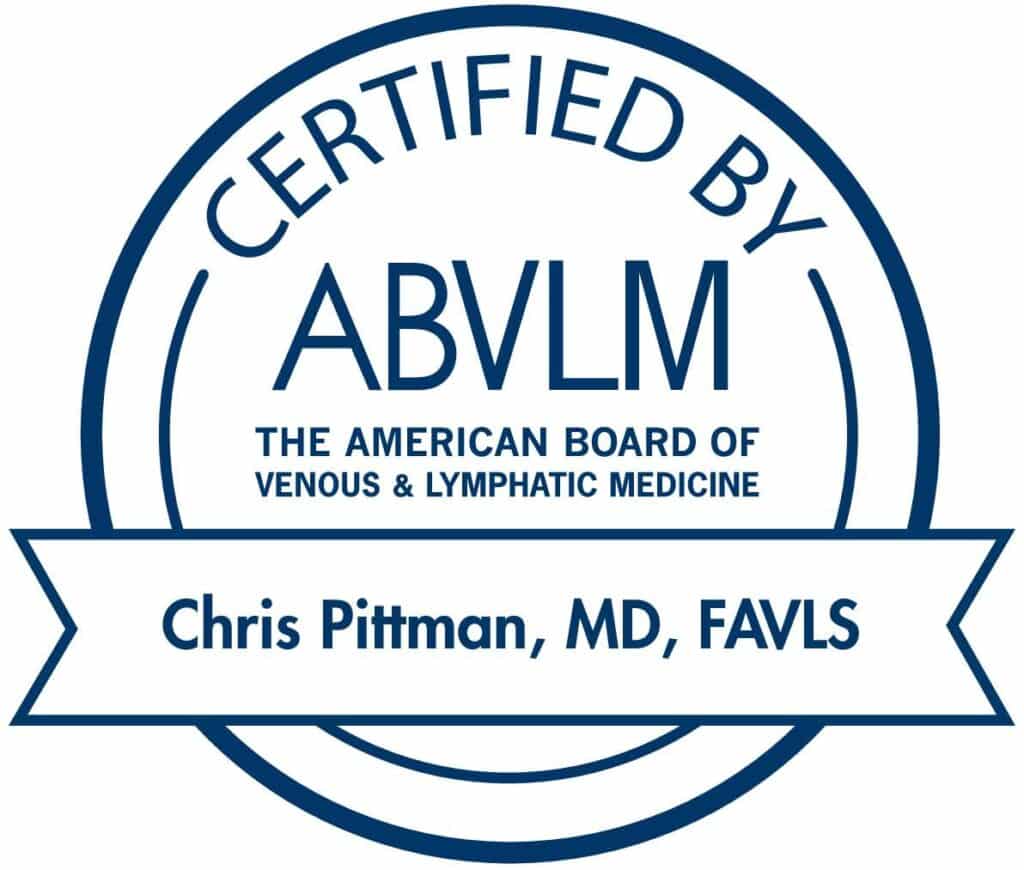Recently, Dr. Brian Pink, vein and lymphatic specialist at Vein911® Vein Treatment Centers, sat down with Gayle Guyardo on Bloom, News Channel 8, to discuss the often-overlooked reality of vein disease and the substantial impact it has on Americans’ quality of life.
Millions of Americans suffer from symptoms like swelling, restless legs, and cramping—without realizing vein disease may be the root cause. Dr. Pink’s interview aimed to change that by shedding light on the condition’s widespread nature and the minimally invasive treatment options now available.
So, What Is Vein Disease?
Vein disease—also called chronic venous insufficiency—occurs when the veins struggle to return blood to the heart. Most commonly affecting the legs, this condition can develop silently and worsen over time.
“About 75% of people will develop symptoms from vein disease in their lifetime,” Dr. Pink explained. “And fewer than half will show visible varicose veins. That means many are suffering without knowing why.”
Symptoms of Vein Disease
Patients may notice a range of symptoms that interfere with daily comfort and mobility, including:
- Leg Swelling: Especially around the ankles by the end of the day
- Restless Legs: Disrupting sleep and relaxation
- Nighttime Leg Cramping: Often mistaken for other health issues
- Numbness, Tingling, and Burning
- Venous Eczema: Itchy, dry skin, often near the ankles
- Varicose Veins: While common, they’re not always present
What Causes It?
Several common factors increase the risk for vein disease:
- Genetics – Family history plays a major role
- Aging – Valves in the veins weaken naturally over time
- Pregnancy – Hormonal shifts and increased blood volume strain veins
- Weight Gain – Adds pressure to the lower extremities
- Lifestyle/Work – Long periods of standing or sitting
Diagnosis & Treatment Options
Dr. Pink emphasized that vein disease is highly treatable—and without surgery. At Vein911®, patients receive a thorough evaluation that includes:
- Medical History & Physical Exam
- Duplex Ultrasound to assess vein function in real-time
Once diagnosed, patients have access to modern, office-based treatments such as:
- Foam Sclerotherapy
- Radiofrequency Ablation
“These are walk-in, walk-out treatments with zero downtime and no need for anesthesia,” said Dr. Pink. “Patients can come in before or after work and leave feeling better.”
Prevention and Lifestyle Support
Dr. Pink, a former Division I athlete, also encouraged proactive lifestyle habits to promote vein health:
- Regular Movement – Walking, biking, or swimming
- Compression Stockings – Properly fitted medical-grade support
- Weight Management
- Elevating Legs after long periods of standing or sitting

